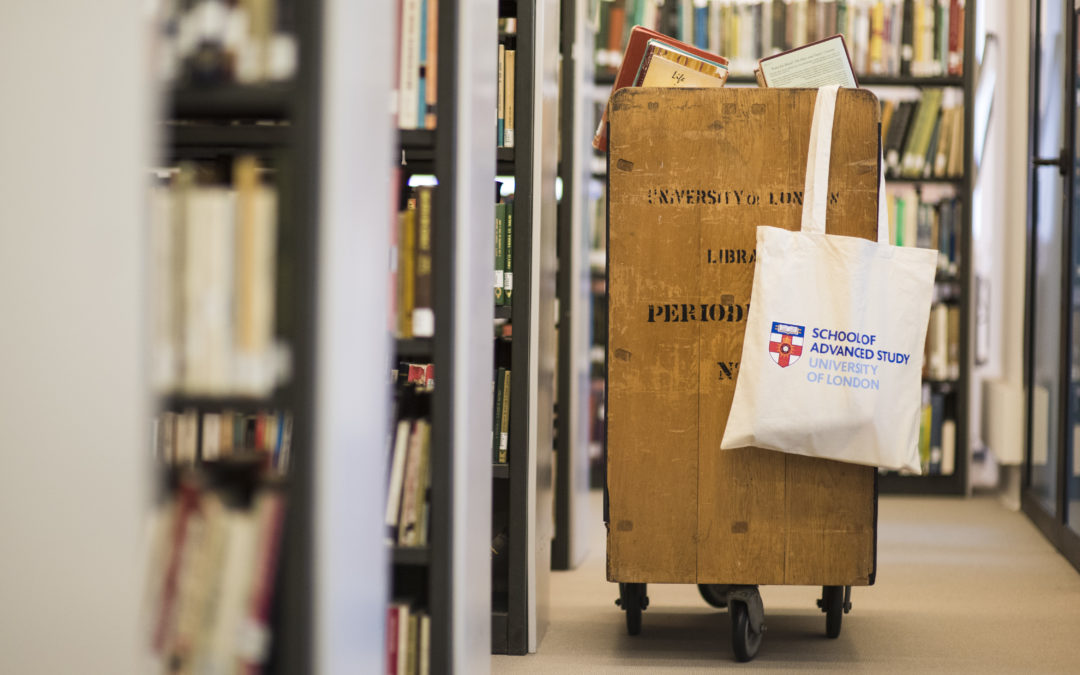It has been a tough, surreal year for all of us. Covid-19 has changed the way we study, work and communicate. My doctoral research is on an 18th century print collection in Malta. I had planned to catalogue all 4,500 prints in my first year of part-time study, but, due to lack of access, I still have one fourth of the collection to catalogue and I am now in my third year. I have had to focus on writing instead. I finished my first chapter and passed my MPhil Progression, which is incredibly encouraging. While discovering new prints during cataloguing is the most fun part of my research, and writing is the most tedious part, I am learning to adapt according to circumstances.
Another huge change I have gone through this year is landing my dream job at the national museum of art in Malta, MUŻA. I get to work on all types of art and very different tasks, but I also get to research our collection of prints and drawings, some of which provide insight into my research. I am also facing the exciting but massive task of organising our library with my colleagues, including the rare books! This means lots of cataloguing, but also learning how to look after books. So, while having a full-time job means I have much less time to work on my research, I am learning a lot that is related to English Studies, particularly book and print studies.
English Studies covers a very broad range of subjects, and, having been trained as an art historian, I never thought I would be doing my doctorate at an Institute of English Studies. But I could not have chosen a better institution. I am one of the institute’s first distance learning students and I have found continuous support from my supervisors and administration. IES has a relatively small number of research students so the staff know us all by name. One of the reasons why I have chosen to stay on as one of the Student Representatives this year is to find ways to create a community between IES research students. We are all working in different locations across the UK, or in different countries in my case, so we rarely meet, even before Covid-19 made meeting impossible. Hopefully, with the new online facilities available, it will be easier to stay in touch.
My research, the IES and English Studies in general, have encouraged me to push my boundaries, to study historical prints which no one in Malta has ever done, to fight for the job I always wanted, and to reach out to local students and the general public through radio, television, online lectures and papers to teach them about prints and books in the hope of inspiring someone else to explore English Studies and find the same passion that I have.
Krystle Attard Trevisan is an IES PhD student.

